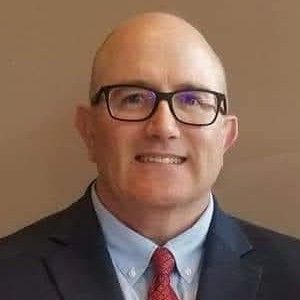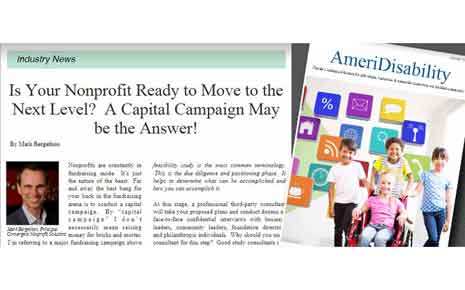Nimble, inclusive, and entrepreneurial.' Education Secretary Betsy DeVos used these three terms to highlight the unique role community colleges play as a catalyst in workforce development issues.
‘You’re absolutely essential engines of workforce and economic development locally and regionally,' DeVos told a room full of community college leaders while speaking at the National Legislative Summit of the Association of Community College Trustees (ACCT). 'You help identify and close the skills gap between employers and job seekers, so U.S. businesses and industries can thrive and expand.'
What does this mean for you and your college?
As expectations for community colleges to impact our nation's economic future increase, being 'nimble, inclusive, and entrepreneurial' is an additional demand placed upon the shoulders of school staff and volunteer leaders. Diminishing financial resources makes implementing these plans even more daunting.
Successful community college leaders, like Dr. John Rainone, President of Dabney S. Lancaster Community College (Clifton Forge, VA) and Rachelle Karstens, JD, Executive Director, Philanthropy and Alumni Relations at Indian Hills Community College (Ottumwa, IA), have embraced entrepreneurial methods in creating college-wide teams working to seamlessly plan, develop, fund, implement, evaluate, and grow these workforce initiatives.
'Leading a small rural community college in an economically-challenged region of western Virginia has been built on a foundation of partnerships that were cultivated right from the start,' shares John. ‘The most effective workforce solutions are those that result from collaboration among strong partners, those who feel connected to the institution and valued for the input and guidance they offer to our team. Engaged partners will be more likely to continue to commit financial resources, leading to successful outcomes for participants in our programs and services.'
As John explained, collaboration and engagement are key. From the college and its foundation to local businesses and primary education institutions, the entire community must be committed to reaching the goals established for these initiatives to succeed.
Establishing that unified mission, however, begins internally. Rachelle explains how, by 'utilizing key strategic methods and tactics, we were able to seamlessly move the Foundation Board towards the adoption of a strategic plan in alignment with the overall college mission, a vital part of which includes the role of economic partners in support of the college.' Once all members of your team are on the same page, it becomes much easier to communicate the value of your strategic plan, increasing the engagement level of other community stakeholders as you move forward to reach a shared goal.
As the role of community colleges as drivers of future economic viability grows, so too will the need for more leaders like John and Rachelle to lead entrepreneurial solutions. Likewise, as more leaders rise to these challenges and lead institutions that are truly the essential engines of workforce and economic development, the national stage for community colleges will also increase, generating more financial resources and a seamless philanthropic workforce development model.
Want to learn more? The American Association of Community College's 2017 Annual Conference is your chance!
Institutional strategic planning is a must for any community college but infrequently do these plans include links to the college's foundation. Even less frequently does a foundation's strategic plan link to the college. As discussed above, having a college-wide team working together on a singular vision is key to reaching the mission and goals of your college.
Join Rachelle & Joe as they present 'College + Foundation Strategic Planning: 2 Plans, 1 Path.' This session will outline the steps one college followed to create a set of parallel planning paths for both the college and the foundation.
April 24th | 7:15 am | Room 201
Once you have developed your strategic plan, how do you go about securing the money needed to implement it? Fortunately, workforce development initiatives are extremely appealing to both private and public sector funders, and capital campaigns are a highly effective approach to securing the multi-year pledges necessary to implement a long-term strategic plan.
Join John & Joe as they present ‘Like a Symphony Conductor: The President’s Role in a Campaign.' In this session, learn from a college president who has successfully led campaigns at a small college and previously served as a chief advancement officer, as well as an experienced community college fundraising consultant, about how to build a winning team.
April 24th | 11:45 am | Room 207
Unable to attend the conference? We'll be sharing the slides from each of these sessions after the conference, so be sure to watch your inbox for future emails.







